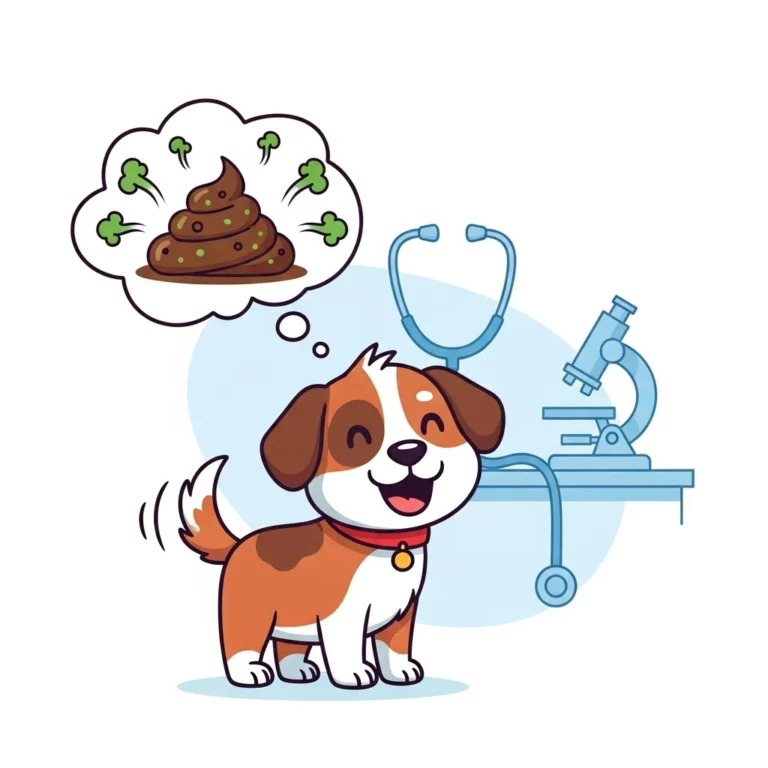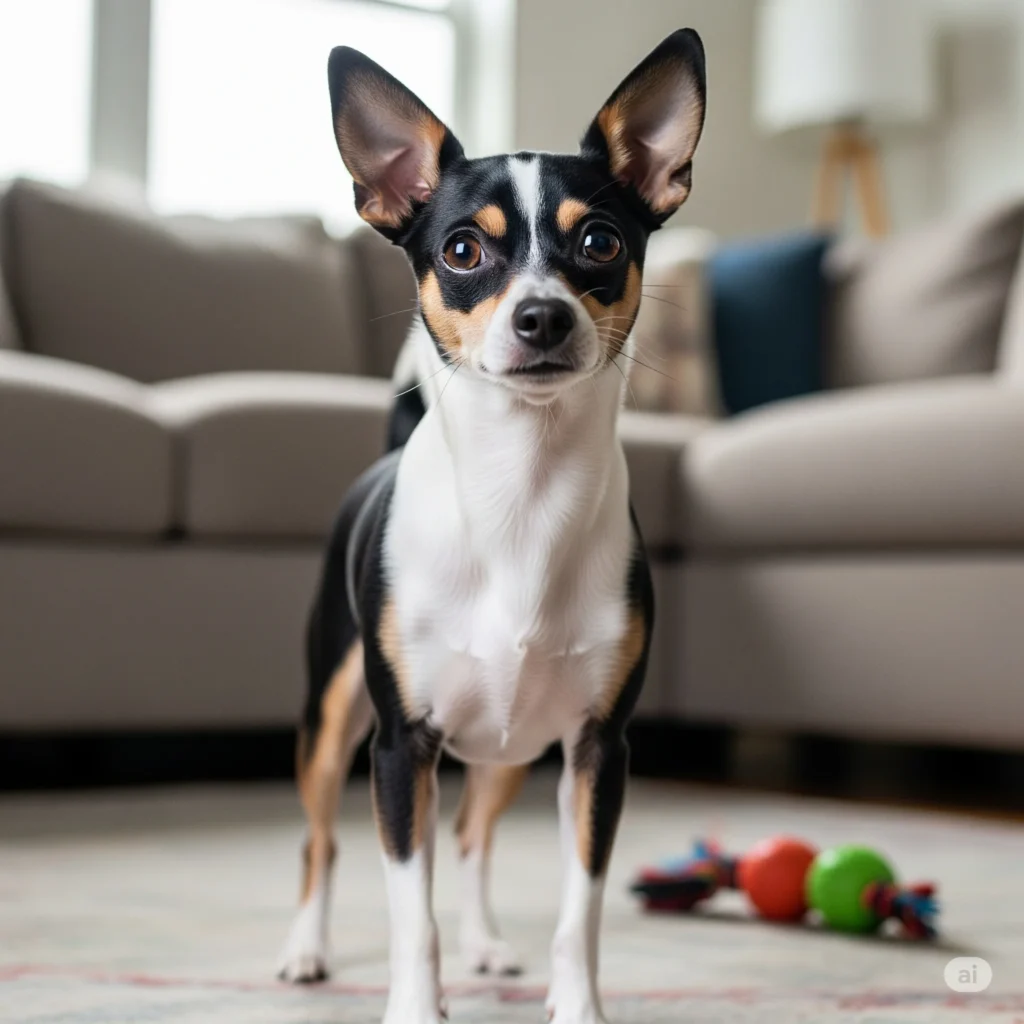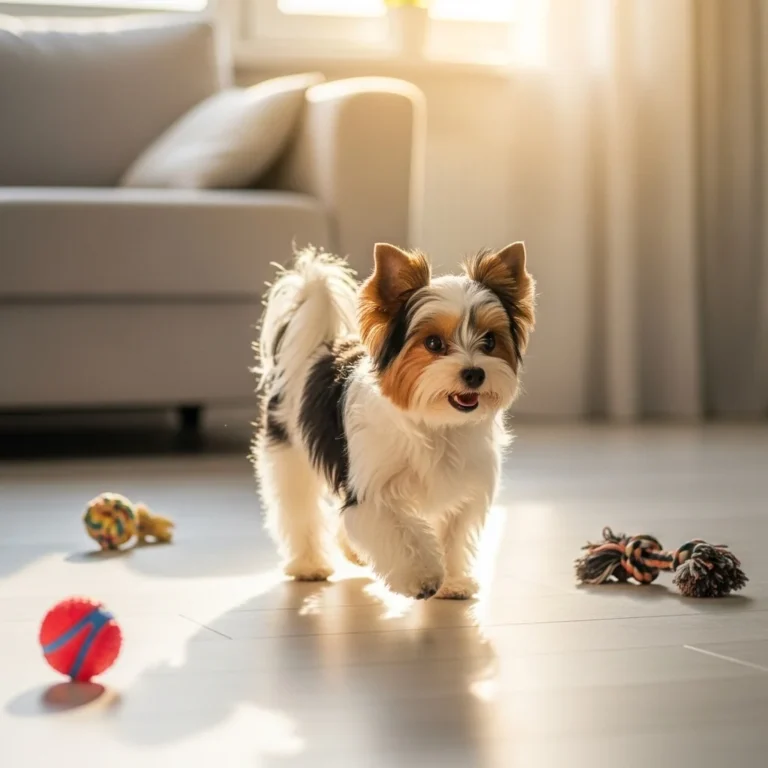
is foul-smelling poop a sign of cancer
We all love our pups, right? Their wagging tails, happy barks, and those goofy grins can make any day better. But then there’s that one moment that makes you pause: the poop. Yep, we’re talking about it. If your dog’s stool suddenly smells like a dumpster on a hot summer day, it’s natural to freak out a little. So, what’s going on? Could this be nothing, or could it be something serious—like cancer? Let’s break it down and make sense of the mystery together.
Understanding Foul-Smelling Stool in Dogs
What Does It Mean If My Dog’s Poop Smells Unusually Foul?
First things first, not all stinky poop means trouble. Dogs are messy eaters, and sometimes what comes out is just a reflection of what went in. But if the smell is way off, strong, and persistent, it’s worth paying attention. Think of it as your dog’s way of sending an SOS—sometimes loud and sometimes really stinky.
What Causes Foul-Smelling Stool in Dogs, and When Might It Point to Cancer?
A lot of things can make your dog’s stool smell funky:
- Diet changes – If you recently switched food brands or they snagged something off the counter, their tummy might be protesting.
- Infections – Gut bugs can throw off digestion and make everything smell… less than lovely.
- Digestive disorders – Things like pancreatitis or IBD can mess with stool odor.
- Cancer – Yep, some tumors in the intestines or anal glands can cause foul-smelling poop because they interfere with digestion.
Remember, cancer is less common than the other causes, but it’s important to keep an eye on things, especially if the smell sticks around.
Are There Non-Cancer Reasons for Smelly Dog Poop, Such as Infections or Diet?
Absolutely! Lots of non-cancer stuff can make your dog’s bathroom breaks smell extra funky. Infections, diet mistakes, or even a picky stomach can do it. Sometimes it’s just a little digestive drama from a table scrap or a new treat. Still, if the smell hangs around like a bad roommate, it’s time to check in with the vet.
Recognizing Cancer-Related Symptoms
Can Foul-Smelling Stool Be a Sign of Cancer in Dogs?
Yes, it can—but don’t panic. It’s not super common, but tumors in the gastrointestinal tract can mess with digestion and create foul smells. Other warning signs might include vomiting, weight loss, or changes in appetite. If you notice these, it’s time to call the vet—don’t just hope it goes away.
How Can I Tell If My Dog’s Foul-Smelling Poop Is a Cancer Symptom Versus Something Else?
This one can be tricky. Here are some clues your dog might be dealing with something serious:
- Persistent stinky poop that doesn’t improve
- Blood or mucus in the stool
- Weight loss, vomiting, or appetite changes
If you see these signs, it’s worth getting a professional opinion—better safe than sorry.
What Other Symptoms, Like Bloody or Mucousy Poop, Accompany Cancer-Related Stool Odors?
Along with stinky poop, keep an eye out for:
- Blood in stool – black or tarry stools could mean digested blood
- Mucus – could indicate inflammation or infection
- Changes in bathroom habits – diarrhea or constipation that doesn’t go away
- Abdominal discomfort – yelping or whining when their tummy is touched
Any of these are signals to call your vet ASAP.
How Do Changes in Bathroom Habits, Including Diarrhea or Weight Loss, Signal Potential Cancer?
Long-term diarrhea, constipation, or unexpected weight loss can all indicate problems with nutrient absorption, sometimes caused by tumors. If your dog is dropping pounds while still eating normally, that’s a definite red flag. Keep track of these changes and bring them up with your vet.
What Are the Top Warning Signs of Cancer in Dogs That Involve Odors or Digestive Issues?
The main red flags are:
- Persistent bad odors from stool or breath
- Changes in stool consistency or bathroom habits
- Unexplained weight loss
- Vomiting
- Abdominal discomfort
Noticing any of these? Don’t wait—get a check-up.
Gastrointestinal and Anal Tumors
What Types of Cancers Can Affect a Dog’s Gastrointestinal System?
Some common cancers that hit the digestive system include:
- Intestinal Adenocarcinoma – a cancer of the intestines
- Anal Sac Adenocarcinoma – starts in the anal glands
- Leiomyosarcoma – affects smooth muscle in the GI tract
- Lymphoma – can pop up in various parts of the digestive system
These can cause stinky poop, weight loss, vomiting, and more.
Could Digestive Cancers, Like Intestinal or Anal Tumors, Lead to Bad Poop Smells?
Yep, definitely. Tumors mess with digestion, and that often shows up in… well, let’s just say odor territory.
Can Anal Gland Cancer Cause Foul-Smelling Stool?
Yes! Your dog’s anal glands naturally produce strong smells, so when they go rogue due to cancer, the odor can get intense. Watch for scooting, excessive licking of the rear, or smelly stools.
Diagnosis and Veterinary Consultation
How Can I Differentiate Between Normal and Concerning Stool Odors?
Normal dog poop smells… well, like poop. But if it suddenly becomes horrific, lasts longer than a couple of days, and comes with other symptoms, that’s concerning.
When Should I See a Vet for Bad Stool Odors, and What Tests Might They Recommend?
If the smell won’t quit or is paired with worrying symptoms, call your vet. They might suggest:
- Physical exam – basic health check
- Fecal analysis – check for parasites or infections
- Blood tests – look at organ function and general health
- Imaging – X-rays or ultrasound to peek inside the GI tract
- Biopsy – if there’s a suspicious mass
Early check-ups can save a lot of stress later.
Can Dogs Detect Cancer Through Smells, and What Does That Mean for Pet Owners?
Crazy as it sounds, dogs can sniff out certain health changes in humans and other dogs. They won’t diagnose cancer, but unusual behavior—like sniffing or licking a spot repeatedly—can clue you in that something’s up. Always follow up with a vet if you notice odd behaviors.
Treatment and Management
How Is Cancer-Related Foul-Smelling Poop Treated in Dogs?
Treatment depends on the type and stage of cancer:
- Surgery – remove the tumor
- Chemotherapy – target cancer cells
- Radiation – shrink tumors
- Supportive care – pain management, diet adjustments, and keeping your pup comfy
Your vet will tailor a plan based on your dog’s needs.
What Treatment Options Are Available for Dogs Diagnosed with Gastrointestinal Cancer?
Besides surgery and chemo, supportive care is key: adjusting diet, monitoring hydration, and making life comfortable for your dog. Quality of life is the name of the game here.
What Is the Prognosis for Dogs with Gastrointestinal Cancer?
It varies based on the cancer type, stage, and your dog’s overall health. Catching it early improves chances a lot, so don’t ignore persistent symptoms.
What Can I Do to Manage Bad Odors from Tumors While Caring for a Dog with Cancer?
A few tips to keep the smell down and your pup comfy:
- Keep their rear area clean
- Offer a bland, easy-to-digest diet
- Use vet-approved meds for symptom relief
- Keep their environment comfy and stress-free
Check out more tips on managing dog digestive issues for everyday advice.
Conclusion of is foul smelling poop a sign of cancer
Stinky poop is never fun, but it’s also your dog’s way of telling you something might be off. While it doesn’t always mean cancer, persistent foul-smelling stool paired with other symptoms deserves a vet visit. Early attention can make a huge difference in your pup’s health and happiness. And remember—you’re not alone. Your vet is your partner, and with the right care, your furry friend can get back to wagging tails and happy barks.
sources
- https://www.petscare.com/news/post/why-does-dogs-poop-smell-bad (Veterinary Care at Your Fingertips)
- https://www.petmd.com/dog/conditions/cancer/c_multi_adenocarcinoma_anal (PetMD)
- https://en.concordiapetcare.com/share/pet-care-tips/dog-cancer-early-signs.html (Concordia Pet Care)
- https://www.petmd.com/dog/conditions/cancer/c_dg_adenocarcinoma_stomach_intestine_rectal (PetMD)
- https://www.papayapet.com/resources/signs-and-symptoms-of-cancer-in-pets/ (Papaya Veterinary Care)
- https://vcahospitals.com/know-your-pet/intestinal-tumors (Vca)
- https://petdesk.com/blog/warning-signs-of-cancer-in-pets/ (PetDesk)
- https://arxiv.org/abs/1510.05495 (arxiv.org)
please leave comment
you may like it






